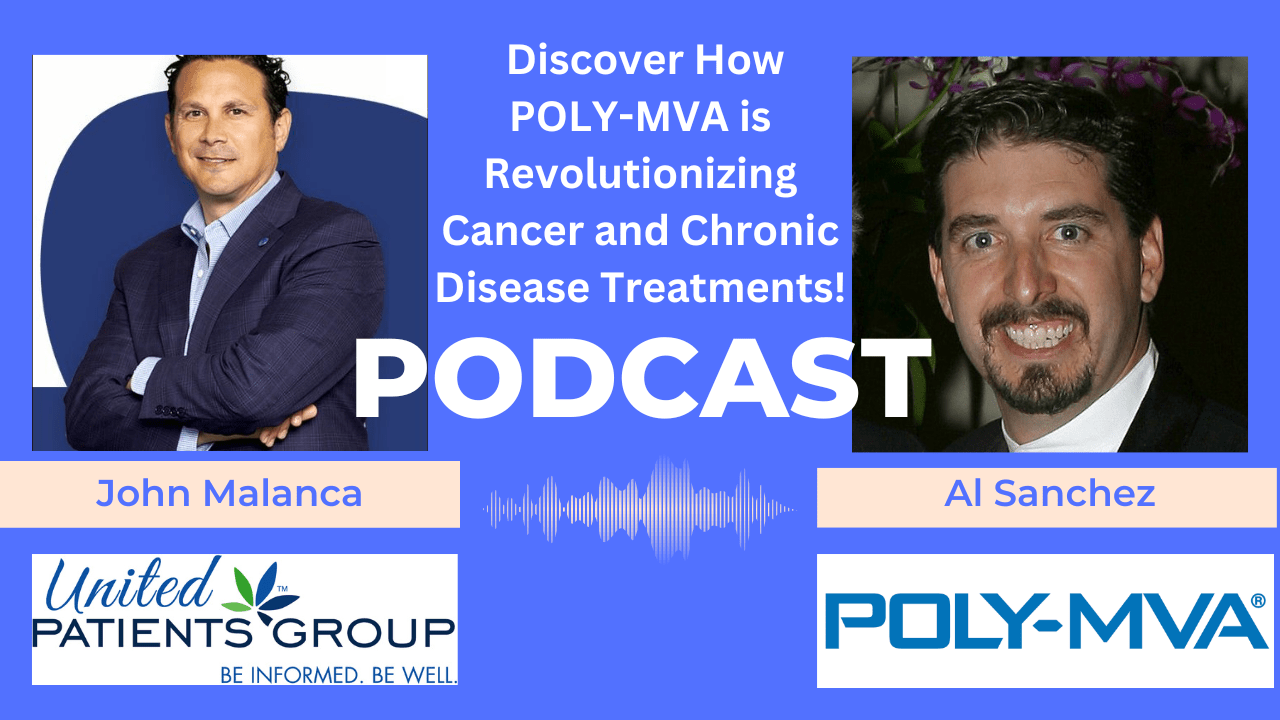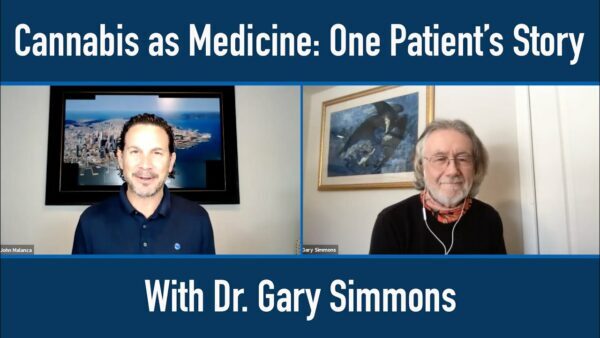Article Topics
In the dynamic healthcare industry, career opportunities extend beyond clinical practice. As we move forward into 2024 and beyond, the sector offers diverse paths beyond direct patient care. From technological advancements to evolving delivery methods, professionals find ample opportunities to contribute to the wellness ecosystem.
In an era of innovation and specialization, non-clinical healthcare roles are experiencing unparalleled demand. These roles complement healthcare practitioners’ vital work and shape the future of healthcare delivery, policy, and administration. From informatics to administration, diverse non-clinical careers offer avenues for impactful contributions to the healthcare landscape.
In this article, we explore seven compelling non-clinical healthcare jobs poised to thrive in 2024 and beyond.
Health Care Administrator
Healthcare administrators play a pivotal role in ensuring the efficient and effective operation of healthcare facilities and organizations. Tasked with overseeing budgets, managing personnel, and implementing policies, healthcare administrators are instrumental in maintaining the integrity of healthcare delivery systems. In an era characterized by rapid technological advancements and evolving regulatory landscapes, the role of healthcare administrators has never been more critical.
The BLS forecasts a 28% increase in employment opportunities for medical and health services managers. This growth rate is much faster than the average for all occupations from 2022 to 2032. The growth stems from rising healthcare demand, facility expansion, and the imperative for efficient administration to maintain quality patient care.
Amid transformative healthcare changes, administrators play a vital role in fostering innovation and resource optimization. Their leadership ensures the delivery of high-quality care to diverse populations. For those passionate about healthcare management, a career as an administrator promises abundant opportunities for growth and impact.
Health Informatics Specialist
In the age of digital healthcare, Health Informatics Specialists are the architects of information flow. They bridge the gap between technology and healthcare, ensuring the secure and efficient collection, storage, analysis, and utilization of patient data. They work on implementing and maintaining electronic health records (EHRs), developing data-driven solutions, and training healthcare professionals on using technology effectively.
News Medical Life Sciences notes that a report discloses that medical errors contribute to nearly 100,000 deaths annually. In pediatric oncology, errors occur in up to a fifth of visits, and in adult oncology, about one in fifteen visits. Adverse drug events (ADEs) affect approximately 7 per 100 hospitalized patients. Missing information has been linked to sub-optimal clinical decisions and care by various researchers.
In light of the staggering impact of medical errors, the role of Health Informatics Specialists becomes pivotal. These professionals leverage data to enhance decision-making, reduce errors, and improve overall patient care outcomes. The integration of health informatics is crucial in addressing gaps that contribute to sub-optimal clinical decisions and care.
Health Care Consultant
Health Care Consultants act as trusted advisors to healthcare organizations, providing expert guidance on improving efficiency, reducing costs, and enhancing patient care. They assess operations, pinpoint areas for enhancement, and formulate strategic recommendations. Their expertise spans various areas, including finance, operations, technology, and regulatory compliance.
In this role, a robust comprehension of the healthcare sector, adept analytical capabilities, and effective communication skills are essential. The dynamic healthcare landscape sustains a high demand for seasoned consultants, promising a stable and fulfilling career trajectory. As healthcare evolves, the role of consultants remains integral in driving strategic advancements and addressing industry challenges.
Pharmacists in Non-Traditional Roles
Traditionally, pharmacists dispensed medications and counseled patients on medication-related matters. However, the pharmacy practice landscape is evolving, allowing pharmacists to explore non-traditional roles beyond retail or hospital settings. Today, pharmacists leverage expertise in medication management and healthcare delivery to make a broader impact in diverse fields.
Online education has revolutionized learning, offering greater accessibility and flexibility. Aspiring pharmacists now benefit from online pharmacy programs featuring innovative curricula tailored to evolving healthcare demands, preparing students for traditional and non-traditional roles. In recent years, the emergence of online pharmacy school programs has facilitated greater accessibility and flexibility for aspiring pharmacists to pursue their education.
The University of Findlay highlights that online pharmacy programs offer interactive learning experiences supervised by a PharmD preceptor. These experiences help students develop and refine practical pharmacy competencies within their communities.
Pharmacists are venturing into non-traditional roles like telepharmacy and pharmaceutical consulting amid healthcare’s digital transformation. They optimize medication regimens and spearhead initiatives to enhance patient outcomes, redefining their contributions across diverse healthcare sectors. These efforts reflect pharmacists’ adaptability and commitment to improving healthcare delivery.
Healthcare Marketing Specialist
Healthcare marketing specialists promote services, enhance brand awareness, and engage patients and communities. They use market research, strategic planning, and digital marketing techniques to craft compelling campaigns. Their goal is to effectively communicate healthcare offerings and value propositions to diverse audiences.
These professionals, in an era of patient engagement, utilize digital platforms and data analytics for targeted strategies. They navigate regulatory landscapes while shaping public perception and fostering connections between providers and patients through social media and community outreach. Their role is pivotal in ensuring consumer-centric healthcare experiences.
As healthcare evolves, the demand for skilled marketing specialists grows, offering exciting opportunities for professionals passionate about healthcare communication and advocacy.
Health Policy Analyst
Health policy analysts critically shape healthcare systems and inform legislative decisions to enhance public health outcomes. They analyze data, conduct research, and assess policies’ impacts on stakeholders. These professionals advocate for policies benefiting patients, providers, and insurers alike.
As healthcare priorities shift and new challenges emerge, the demand for skilled health policy analysts is expected to rise. Professionals in this field have the opportunity to influence healthcare agendas, drive systemic change, and address pressing issues facing communities and populations. A career as a health policy analyst allows passionate individuals to make tangible impacts on healthcare’s future and equity.
Medical Writer
Medical writers play a pivotal role in communicating complex medical and scientific information to diverse audiences. These professionals distill technical concepts into clear, accessible language across various documents, including research papers and patient education materials. They adhere to industry standards and guidelines meticulously.
Indeed states that the median annual salary for medical writers in the United States is $94,065. Surveys indicate that 65% of medical writers believe their salaries adequately cover the cost of living in their respective areas. These statistics underscore the viability of pursuing a career in medical writing, offering competitive compensation and satisfactory income levels for many professionals in the field.
Medical writers bridge gaps between healthcare professionals, researchers, and the public, translating complex information into actionable insights. A career in medical writing offers a dynamic path for those passionate about writing and healthcare communication. It’s a rewarding opportunity in an evolving landscape.
Navigating New Horizons in Healthcare Careers
Looking forward to 2024 and beyond, healthcare careers are evolving rapidly, expanding beyond traditional clinical roles. In our exploration of career horizons, we’ve identified seven non-clinical roles with promising futures. Each profession presents unique opportunities for professionals to shape the healthcare landscape meaningfully.
As demand for specialized skills in healthcare grows, opportunities abound for those passionate about innovation and advocacy. Whether enhancing patient outcomes through data analytics or crafting compelling narratives as medical writers, diverse career paths await exploration. Embracing these opportunities can shape a brighter future for healthcare delivery and patient care.







































Leave a Reply Cancel reply